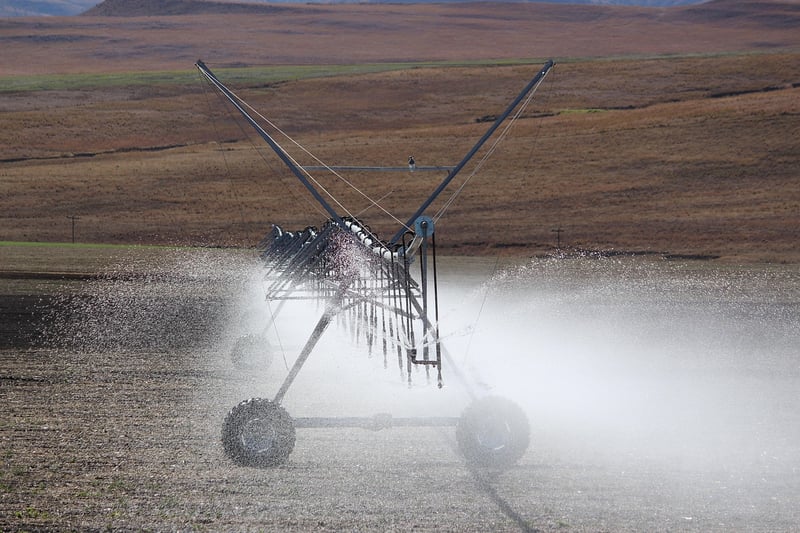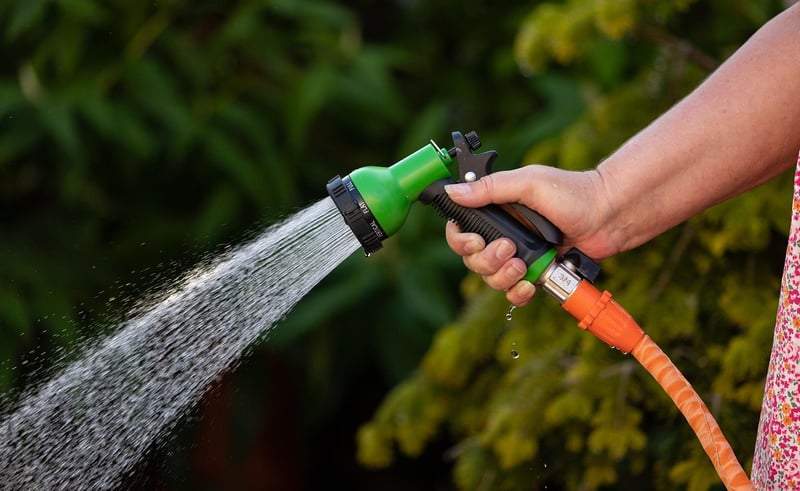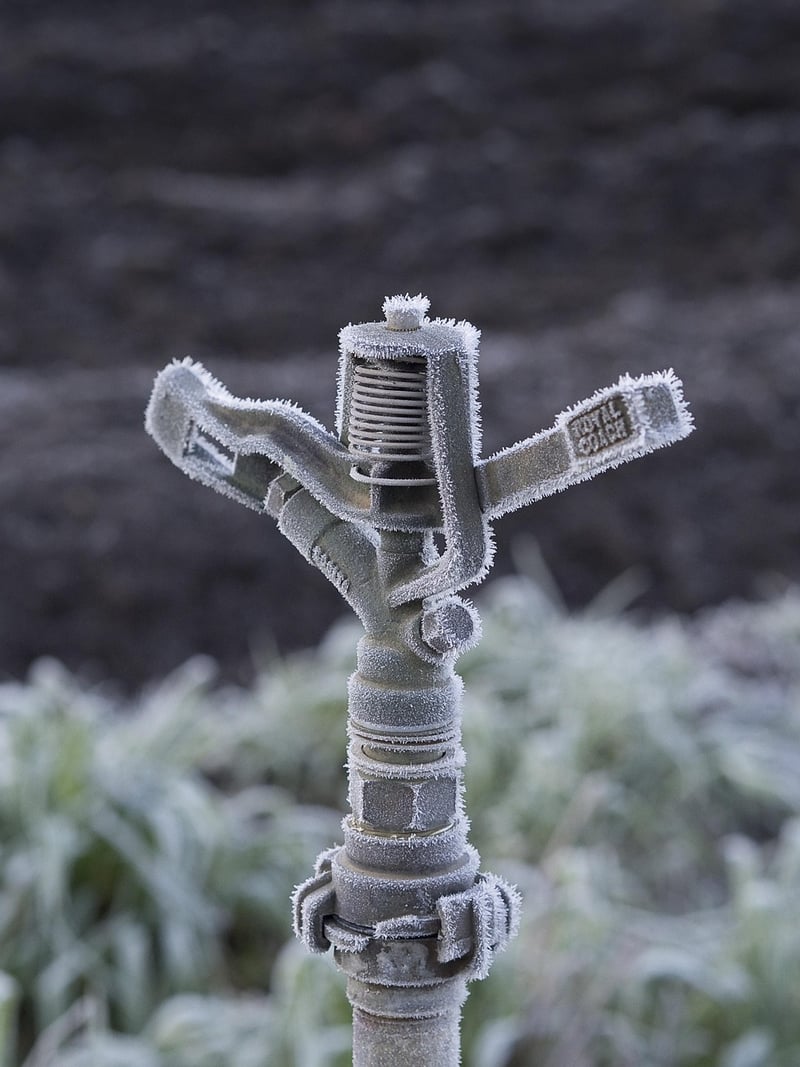Irrigation Systems
Essential Setups for Vertical Gardens + Irrigation Systems
Introduction to Vertical Gardens
Vertical gardens are a fantastic way to bring greenery into small spaces, creating a lush and vibrant environment. Whether you're an urban dweller or looking to maximize your garden space, vertical gardens offer a creative solution to grow a variety of plants vertically.
Essential Setups for Vertical Gardens
When setting up a vertical garden, there are a few key components you'll need to consider:
1. Vertical Structures
Choose a sturdy vertical structure such as a trellis, wall-mounted planter, or a vertical garden tower to support your plants. Make sure it's securely installed and can bear the weight of the plants.

2. Plant Selection
Opt for plants that thrive in vertical environments, such as succulents, ferns, herbs, and trailing plants. Consider the amount of sunlight the area receives and choose plants accordingly.

3. Growing Medium
Use a lightweight and well-draining growing medium such as a potting mix specifically formulated for vertical gardens. This will provide adequate nutrients and support for your plants.
Irrigation Systems for Vertical Gardens
Proper irrigation is crucial for the health and growth of plants in a vertical garden. Here are some common irrigation systems you can implement:
1. Drip Irrigation
A drip irrigation system delivers water directly to the base of plants, ensuring efficient water usage and preventing water wastage. It can be set on a timer for automated watering.

2. Vertical Soaker Hoses
Vertical soaker hoses are designed to release water along their length, providing a slow and consistent watering method for plants in a vertical garden. They can be easily attached to a water source.

By setting up a proper vertical garden structure and implementing an efficient irrigation system, you can create a thriving vertical garden space that adds beauty and greenery to any setting.
Start your vertical garden today and enjoy the benefits of gardening in a vertical space!
